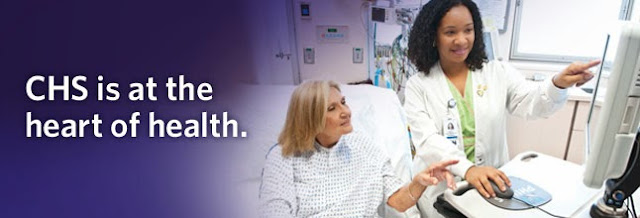 Focusing on wellness in 2018 can help ensure a better quality of life, offering an opportunity to take a fresh look at your health and address areas for improvement.
Focusing on wellness in 2018 can help ensure a better quality of life, offering an opportunity to take a fresh look at your health and address areas for improvement.An annual checkup can detect hidden health issues early. During your exam, discuss aches or pains, medications and any concerns. “Your physician can identify issues and work with you to resolve them,” said CHS’s Executive Vice President and System Chief Medical Officer Patrick M. O’Shaughnessy, DO. “Physicians offer years of specialized training, knowledge and expertise, allowing patients who are actively involved in their care a better chance of staying healthy.”
When making New Year’s resolutions, select attainable strategies to successfully reach your wellness goals.
Resolution suggestions:
- Schedule a doctor’s appointment for check-ups, screenings and vaccination View video
- Make healthy food choices, preparing more of your own meals.
- Become more active; for example, why not take the stairs instead of the elevator.
- Quit smoking.
- Wear sunscreen as needed, even in the winter months. View video
- Meditate to help with stress. View video
- Try to get a good night’s sleep. The National Heart, Lung and Blood Institute recommends at least seven to eight hours for adults. View video
For more health information, go to CHS’s YouTube channel where you can view Dr. O’s Health Tips & Solutions. Speak to your physician if you are having health issues. Visit www.chsli.org to find a doctor








